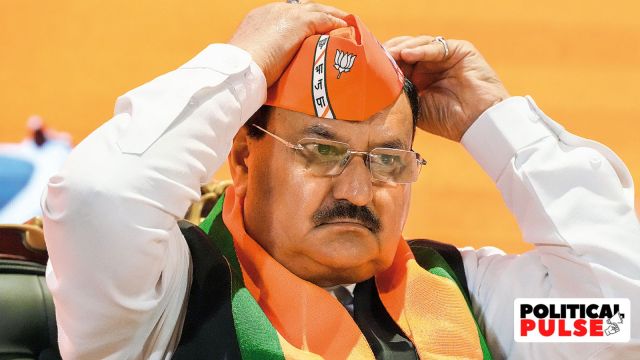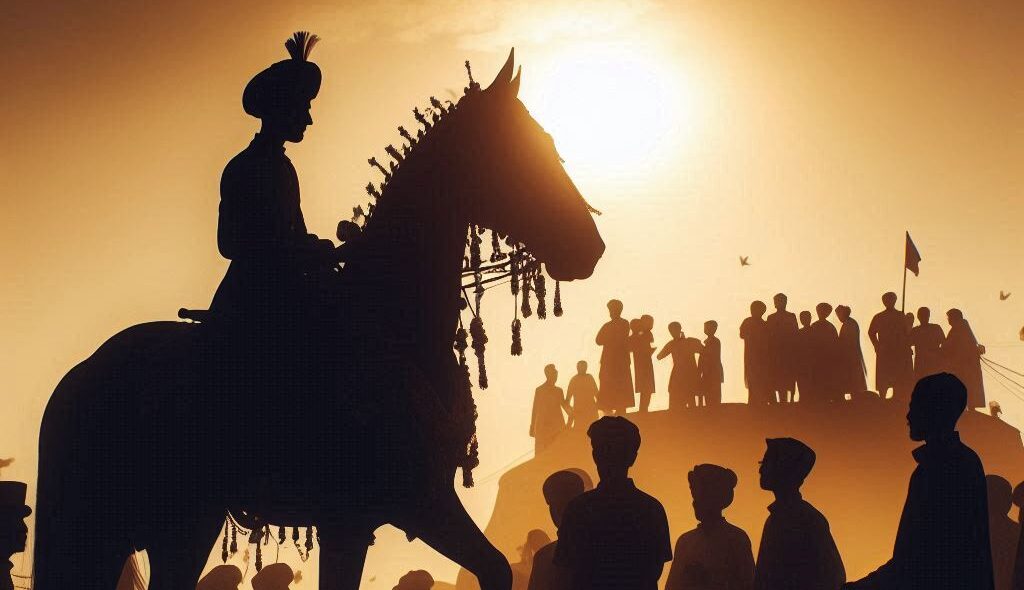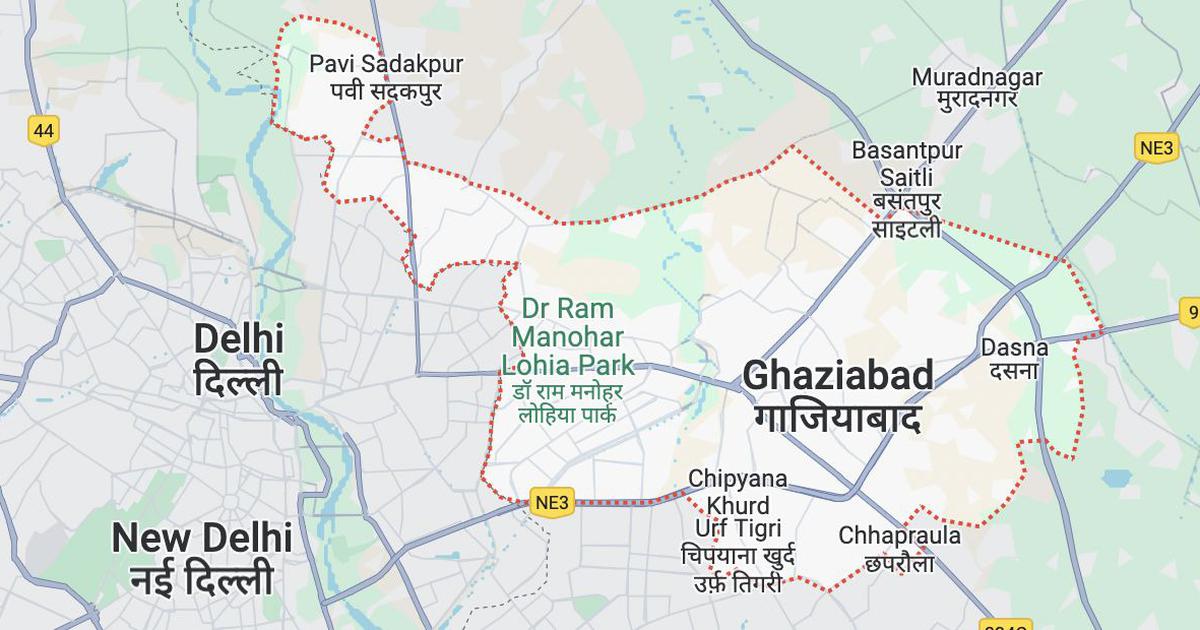
By Kavita Chowdhury / The Diplomat
For the past eight years, India’s ruling Bharatiya Janata Party (BJP), has blatantly stoked communal sentiments to woo voters and stay in power. Now, the decade-old Aam Aadmi Party (AAP) has jumped onto the right-wing Hindutva (Hindu supremacist) bandwagon.
AAP chief Arvind Kejriwal, who is also Delhi chief minister, recently raised eyebrows when he urged Prime Minister Narendra Modi to put the picture of Hindu deities Lakshmi and Ganesh on Indian currency notes to revive the Indian economy. At a press conference, Kejriwal said that “130 crore [1.3 billion] Indians” wanted the pictures of the Hindu goddess of wealth, Lakshmi, and the god of prosperity, Ganesh, alongside that of India’s founding father, Mahatma Gandhi, on rupee notes, as divine blessings would help India’s sagging economy.
Incidentally, Kejriwal’s proposal comes at a time when the AAP is attempting to unseat the BJP from power in Gujarat in the upcoming assembly elections. Boosted by its recent victory in Punjab, where it now has its first state government, the AAP aims to end the BJP’s 27-year-long rule in Gujarat. It is seeking to outdo the BJP at its own game – playing communal politics to rake in the votes.
Senior AAP leader Manish Sisodia recently said that the party “has emerged as a strong alternative [to the BJP] in Gujarat” and common people will benefit from AAP rule.
Several celebrities who had supported the AAP in its initial days are shocked by the party’s openly communal pitch. Music composer Vishal Dadlani tweeted that the Indian Constitution declares India to be “a secular socialist republic.”
“Religion must have NO PLACE in governance,” he added.
Actor Gul Panag also distanced herself from the AAP’s attempt at competitive communal politics.
With the AAP threatening to eat into its turf, a belligerent BJP hit back. BJP leader Ramvir Singh Bidhuri alleged that “Kejriwal’s Hindu love” had woken up just before the Gujarat elections.






